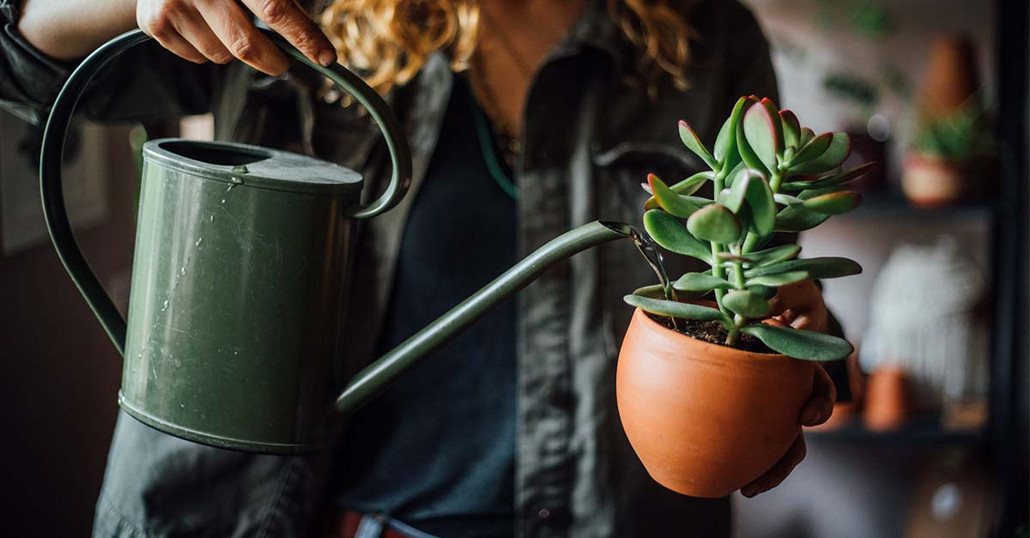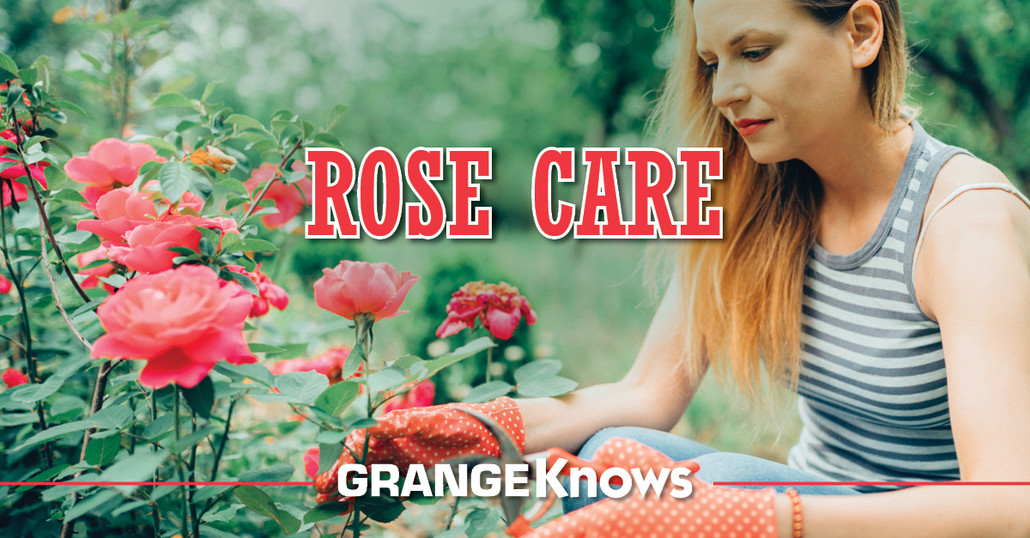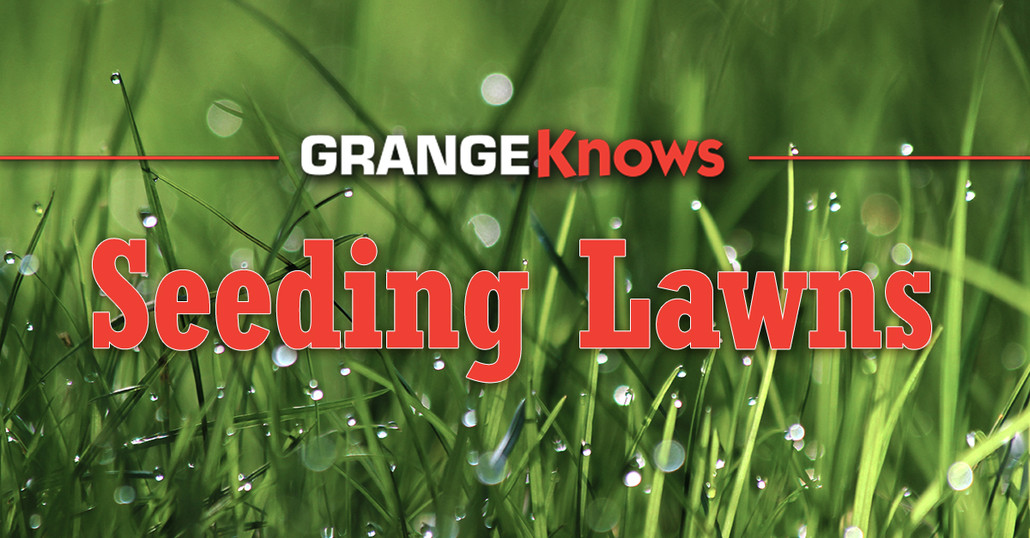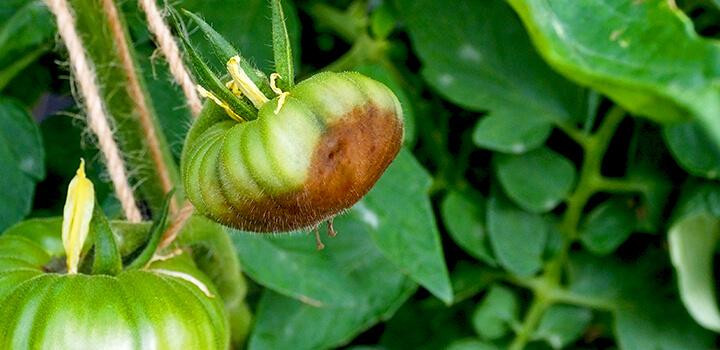Posted by Grange Co-op on 20th Aug 2019
Everyone knows it’s important to keep thirsty
garden plants sufficiently watered, especially during the hottest summer
months. But how do you know when you’ve watered too much, or too often?
If plants are wilting, does that mean more water is needed? Why is
overwatering bad, and what damage can happen when plants receive too much
water?
Rest assured: in this GrangeKnows article, we’ve
provided answers to these and many more overwateri… Read more
Posted by Grange Co-op on 21st Jun 2019
The beauty and delicate design of roses cause many people to assume they are difficult to grow. Truth be told, they are no more difficult to care for than other flowering blooms. In this GrangeKnows article we’ll cover the basics of growing roses to help you cultivate a healthy and beautiful rose garden.
LOCATION
Roses crave sun. For the healthiest plants, rose bushes should receive six to eight hours of sunlight daily.
SOIL
Plant ro… Read more
Posted by Grange Co-op on 30th Aug 2018
Sometimes lawns become so overtaken with weeds the most efficient and productive method to recover is to re-seed. If you have assessed your lawn and settled on this decision, establishing a new lawn can be a process that can seem overwhelming. However, seeding to establish a healthy lawn is common and simple with the correct tools. This GrangeKnows article will provide you the step-by-step procedure to help you successfully establish a healthy… Read more
Posted by Grange Co-op on 16th May 2018
WHAT IS BLOSSOM-END ROT?
One common, yet avoidable problem gardeners face is blossom-end rot. This water-soaked spot at the blossom end of tomatoes, peppers, squash, cucumber, and melon fruits is not a fungus or a contractible disease, rather it is a symptom of calcium deficiency.
Blossom-end rot becomes even more prevalent when the growing season starts out wet and then becomes dry when fruit is setting. The fluctuation of moisture reduces t… Read more




